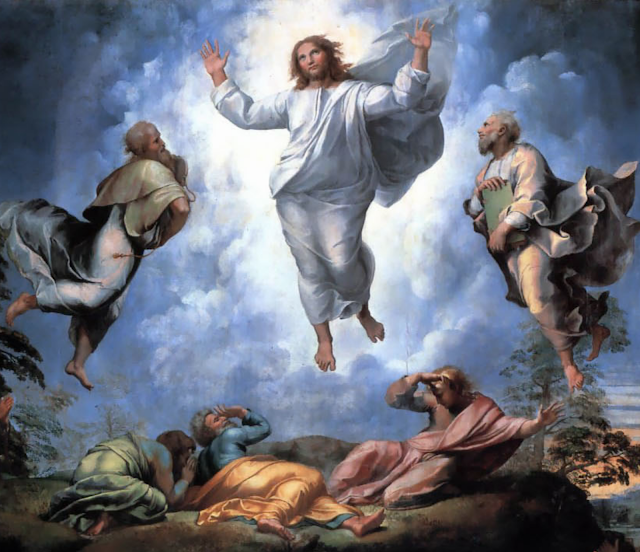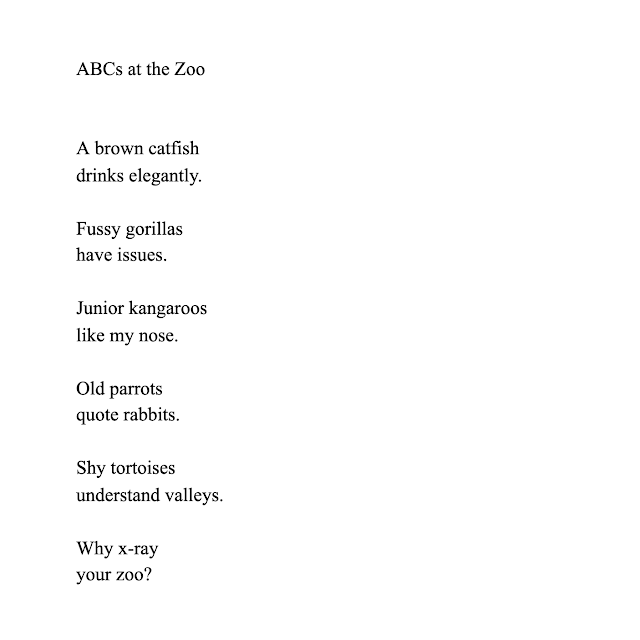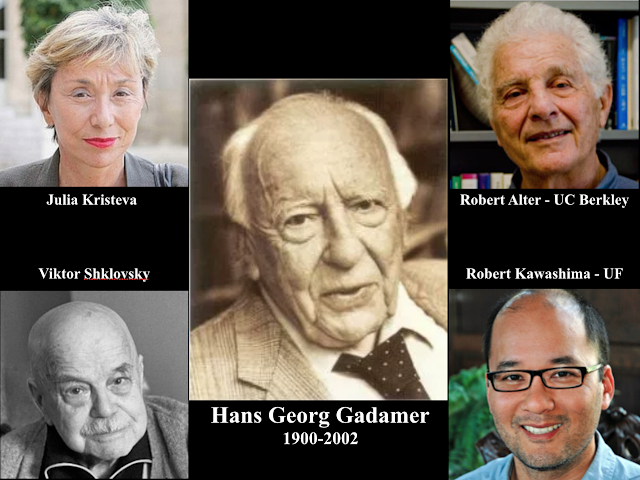DARK TRANSFIGURATION & MOSES ECHOES in HAMLET 1.4-5

[Detail from painting of the Transfiguration, by Raphael] ~~~~~~~~~~~~~~~~~~~~~~~~~~~~~~~~~~~~~~~~~~~~~~~~~~~~~~~~~~~~ In Hamlet’s meeting with the ghost in act 1, scenes 4-5, there is a dark and ironic variation on the Transfiguration, as told in the gospels (Mt 17:1–, Mk 9:2–, Lk 9:28–): Gospels: Jesus goes up on a mountain with three disciples: James, Peter, and the beloved John. Hamlet: the prince initially gets news of the ghost from three: Marcellus, Bernardo, and beloved friend Horatio. - All three, plus Hamlet, speak of Hamlet keeping watch with them that night, like Jesus with James, Peter, and the beloved John. Later, perhaps for dramatic efficiency's sake, Bernardo does not join them for the watch, so Hamlet goes to meet the ghost with only two, Horatio and Marcellus. Gospels: Jesus is transfigured in light and speaks with Elijah and Moses. Hamlet wears black and is darkly transfigured toward madness and revenge after speaking with the ghost who claims to be h...




